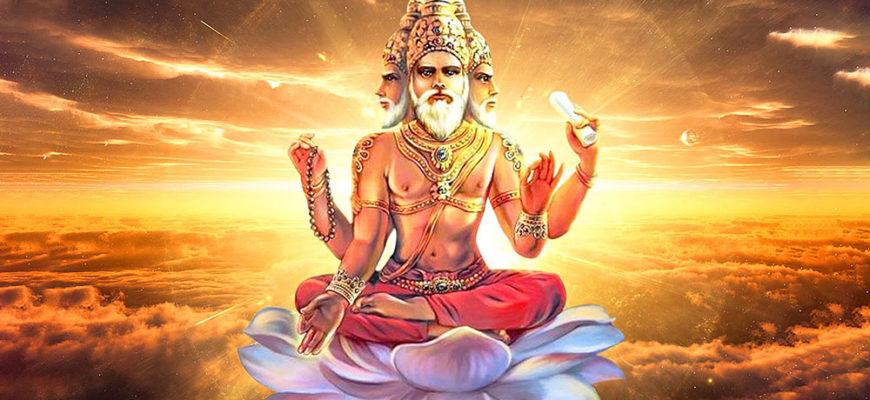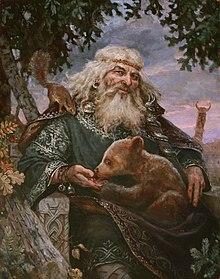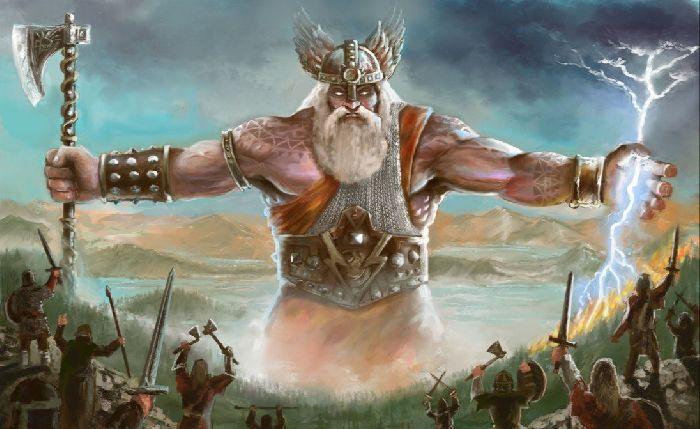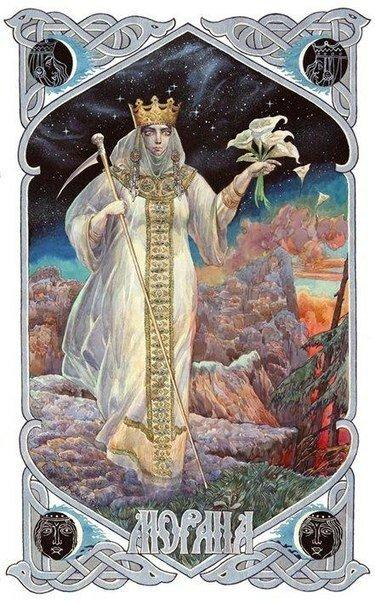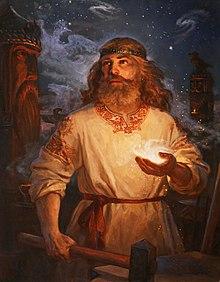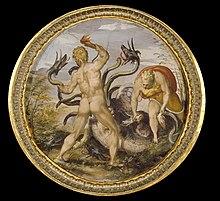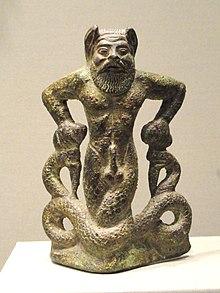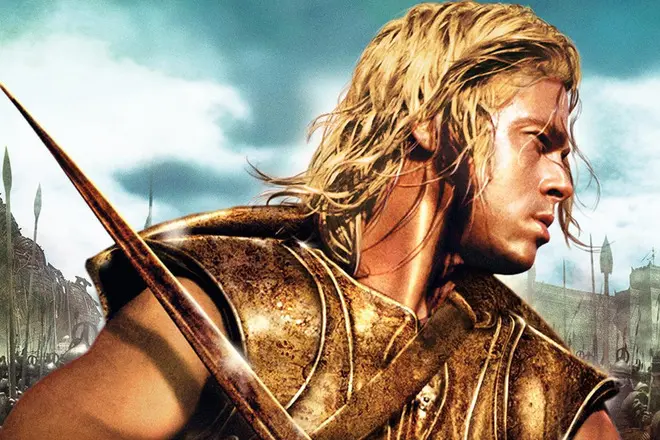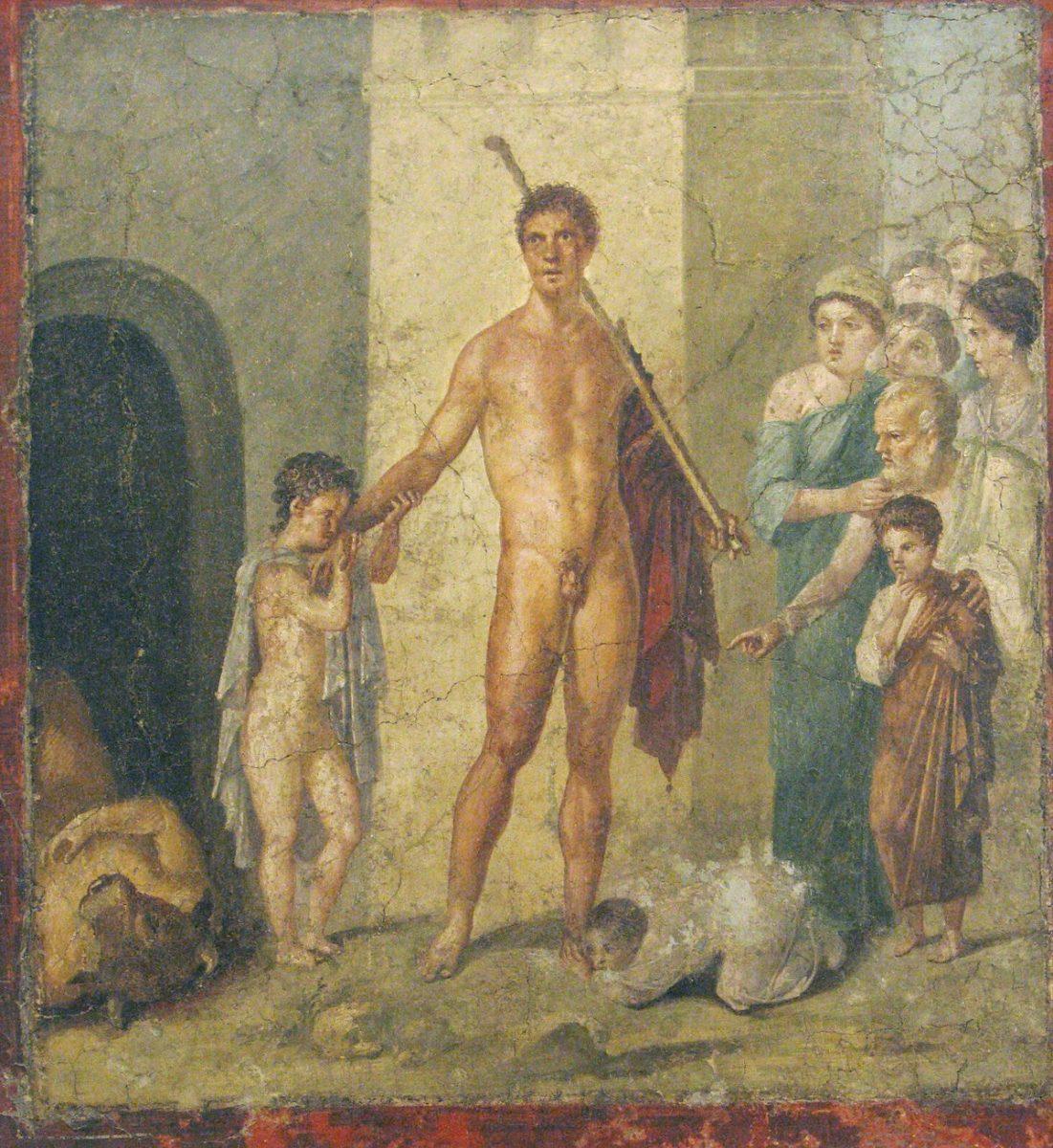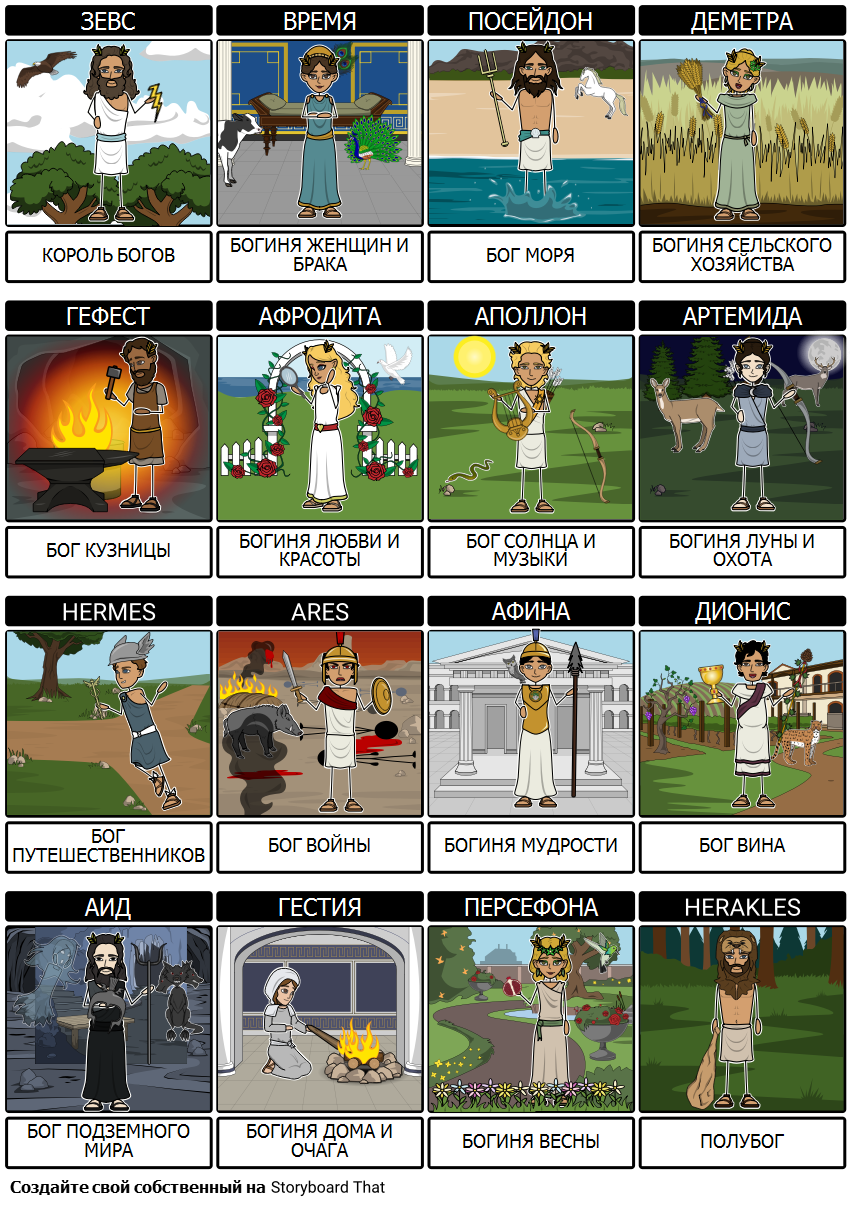

Key to myths. Do you think ancient sculptures, pottery or mosaics are great, but you don't always know what they represent? Do you want to solve the mysteries of paintings inspired by antiquity in a museum? Would you like to read Homer or Sophocles, but are afraid not to understand their symbolic language? You know the great legends of mythology, but do not always understand their hidden meaning?
Are you going to visit the ancient ruins but are afraid to miss out on their significance? Take this guide with you: it will let you know what a caduceus is for; what to understand if in myth you cross an eagle, deer or dolphin; what are the advantages or dangers of ivy, hyacinth, lotus or mint; what symbolic role does the scale, chest or oil lamp play; what our ancestors saw on the moon, in the Milky Way or in the labyrinth ...
Ancient times mythology it was the foundation of religion and history. Nobody believes in myths these days. Today people only see stories, usually not the smartest ones, about gods, hero fights, various wars and novels. The ancient peoples did not have modern science to explain to them how the world works. They made sacrifices to the gods, the oracles consulted. They believed that they lived in a time not too far from those in which Hercules created his twelve works. Sisyphus he was guilty before the gods. The Trojan War was even closer to the past.
Today, no one believes in the ancient gods, but everyone remembers them. Mythology is treated on a par with literature, it has ceased to be the basis of faith (who knows, maybe the Bible will come soon, because the symptoms of such a treatment appeared long ago). Mythological characters are known to modern society mainly from school lessons and from the screen. Eventually, new interpretations of myths emerge, from silly but expensive TV shows like Canada's Hercules to numerous adaptations of other mythological tales. Recently, there have been large spectacle films - "Troy", formerly "Odyssey", directed directly to television and the story of Jason and the Argonauts.
Film screenings have contributed to the misinterpretation of mythology. The gods were not (among the Greeks) as saints (or as monstrous) as they are portrayed in films today. However, the most powerful gods still fought for power, and the heroes were driven by greed or lust. However, there are positive models in myths as well. Every myth carries with it some universal value - good, hopeful, or bad, adhering to. Myths tend to focus on following the rules, although there are positive patterns as well.
The first myth chronologically - about the creation of the world - shows negative features - the domination of power and authority. The first gods - Gaia and Uranus - emerged from chaos - the first problems began. The couple's older children were disgusting and cruel, so the father was afraid that they would take his power. He threw the "failed" brainchild in Tartarus - the deepest part of the underworld. Mother - Gaia - did not want to see the suffering of her descendants. She saved one of them - Kronos, who finally defeated and maimed his father, and later took his place. It would seem that this was the end of the enmity, but Krosno turned out to be not much better than his father - he ate his children so that they would not deprive him of power. Kronos' partner, Rhea, acted "traditionally" to save one of her sons so that he could defeat and overthrow his father. And so it happened, and since then Zeus sat on the throne of the gods. In the end, he turned out to be "more normal" than his ancestors, although also not without flaws. In these myths, you can read two messages at the same time - positive (do not do wrong, because bad deeds are avenged) and negative (the easiest way to get power is to take it away from someone). this "basic myth adheres to rather than shows what needs to be done right."
Perhaps the most famous myth of Sisyphus. The punishment for revealing the mysteries of God was an endless and fruitless affair. Also, this myth is primarily a warning - don't reveal your secrets. However, Sisyphus at every attempt to turn the stone peak he is more and more convinced that his suffering is only meant to hide the mistakes made by the gods. So the myth can also be a piece of advice - if you make a mistake, cover it up at all costs.
Odysseus he was wise and cunning, but the gods used their superhuman powers against him. At first glance, it seems that the unlucky wanderer had no chance of achieving his goals. However, he did not give up and therefore is one of the most positive characters in Greek mythology. He killed, stole and lied - and how. But he used these means to overcome the will of the ruthless gods.
However, mythology teaches not only progress and insensibility. It is also worth briefly listing a few of the neutral or positive attitudes represented in the myths. They remained in culture as archetypes of certain views.
Prometheus - to rebel against the evil gods and the benefactor of mankind.
Daedalus - archetypal rational attitude, genius and hard work.
Icarus - archetypal immodesty, dreaminess and irrationalism.
Niobe i Demeter - archetypal suffering mothers.
Penelope - archetypal faithful wife.
Hercules is the archetype of strength and courage, although he was not as saintly as he is portrayed on television.
Narcissus - archetypal egocentrism.
Nika is the archetype of victory and triumph.
Orpheus and Eurydice - archetypal love to the end the grave and so, long before "Romeo and Julia ".
Eros and Psyche is an archetypal combination of carnal and spiritual love.
Of course, even the most “negative” myths carry timeless value. Every old fairy tale has something to read - myths are no exception. If you forget for a moment about the “negative” content of myths, you can also learn a lot from them.

